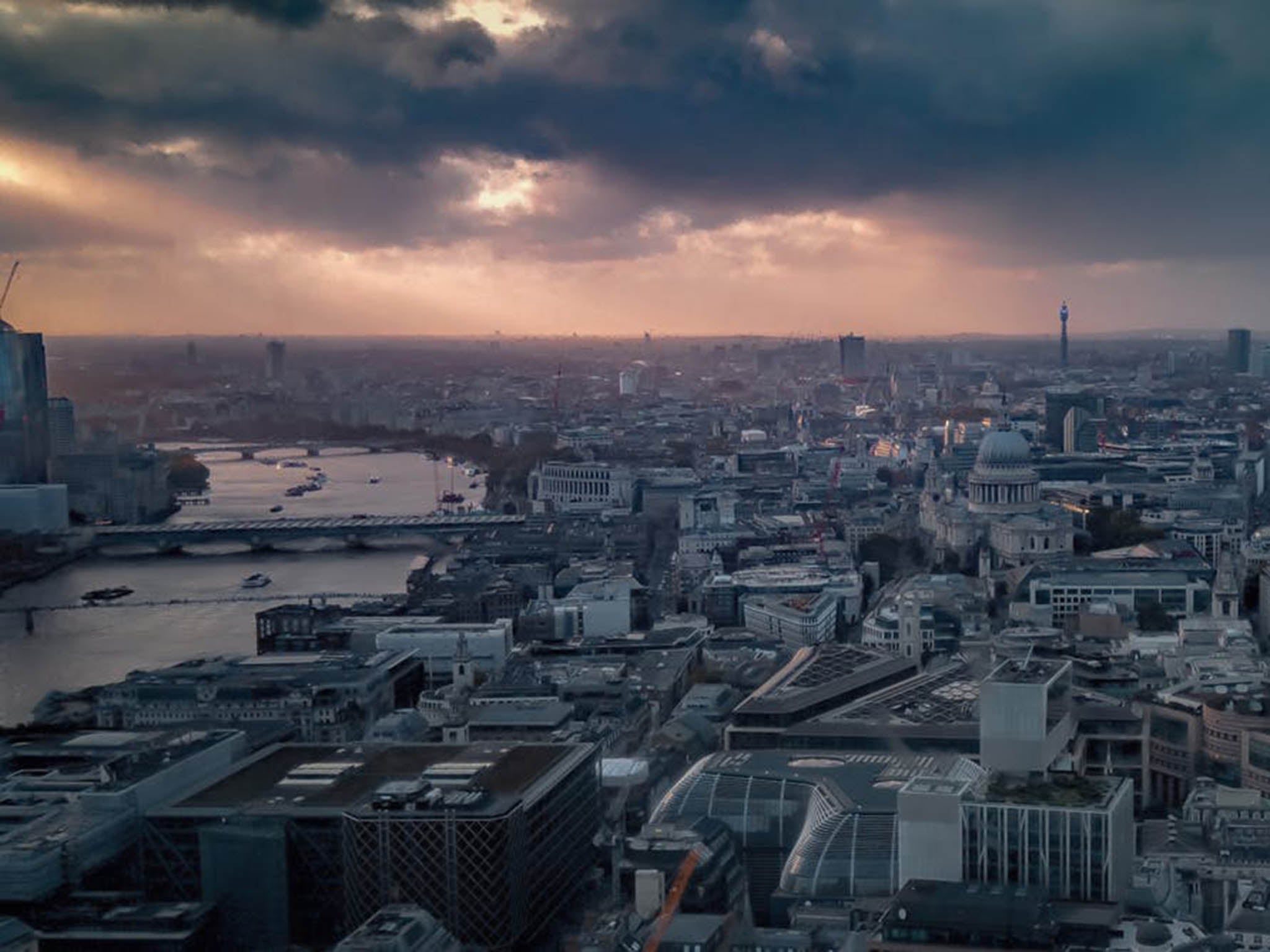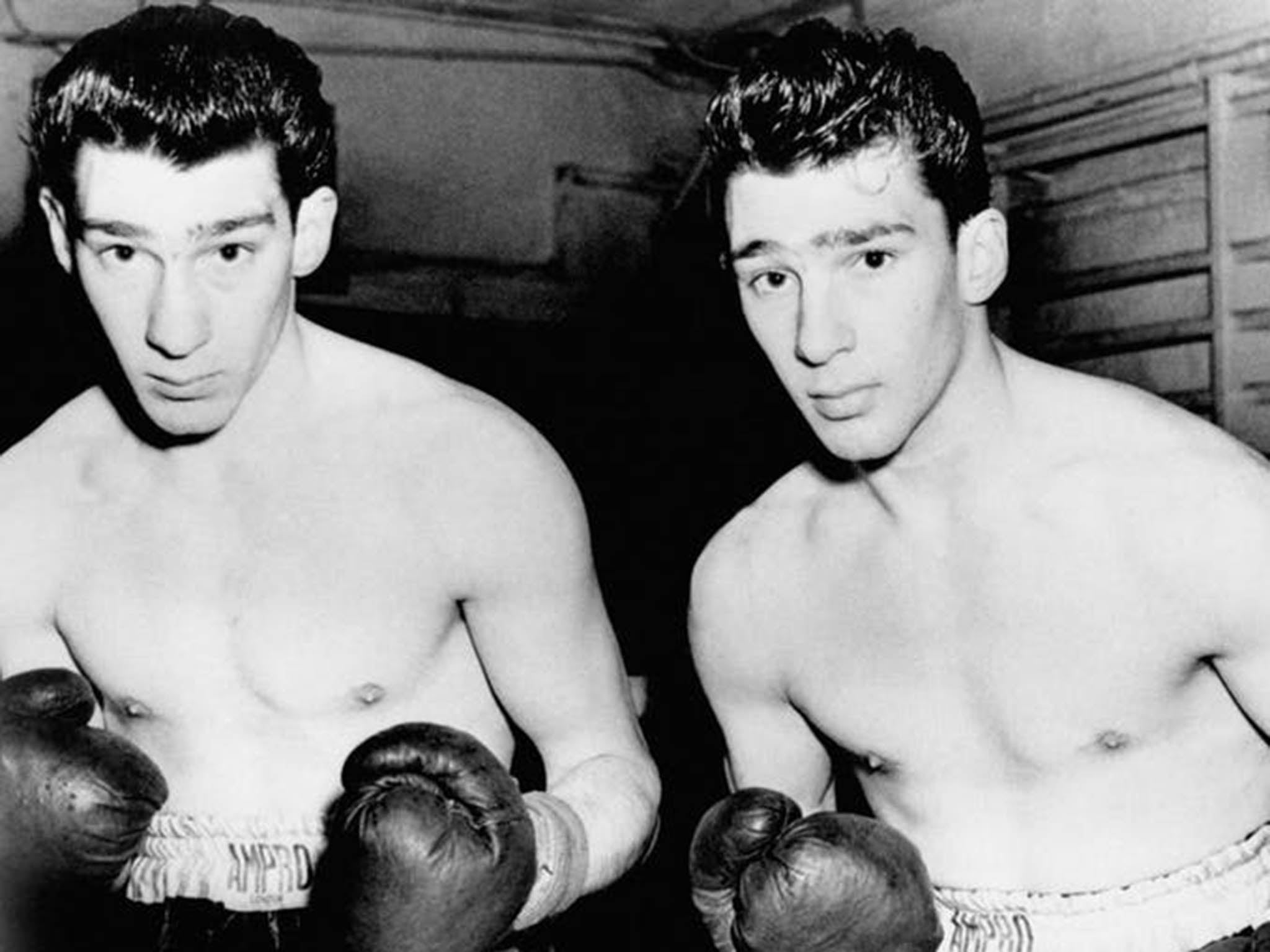What's really going on in London's organised crime scene – according to a criminologist
An expert in criminology explains why you shouldn't believe everything you see on TV – organised crime is still a very British problem and London is the 'laundry of choice'

The murky world of organised crime continues to be a source of inspiration for the entertainment industry. And for many films and television series – including the BBC’s McMafia and Tom Hardy’s Legend – London is the setting of choice. Of course, the city has a long history of organised crime. But it would be foolish to think that today’s con artists, gangsters and mafiosi are safely locked within the confines of a screen.
From drug smuggling to financial fraud, London’s portfolio of organised crime activities has actually been growing over the past decade. Organised crime groups’ main aim is to make money, and the city offers a million opportunities to accumulate and manage wealth – both legally and illegally.
The family business
In the past, the city of London has been home to many neighbourhood family firms: criminal fraternities with charismatic leaders and fearsome reputations, which are able to branch out into different criminal markets. Notorious crime families such as the Krays and the Richardsons had deep connections with certain parts of London.
Over the years, the activities of these family firms started to become increasingly “glocal” – that is, local in nature but global in reach. Between the 1930s and the 1990s, these firms were the only visible examples of organised crime in the city.
The local firm model still persists today, and over the past decades family-run criminal enterprises have been growing their power and reach into the criminal markets in specific parts of the city. A famous example is the Adams family – also known as the Clerkenwell Crime Syndicate – which reportedly still operates in the north London area of Islington.

The syndicate has long been associated with drug cartels and was the focus of large-scale investigations into money laundering. They have also been known to invest in legal businesses such as sex shops, as well as offshore properties.
One of the syndicate’s leaders, Terry Adams, has been called the British Godfather. Although he was jailed for seven years in 2007, the Adams family appeared to continue offering threats of violence while he was behind bars as a means of holding onto their power and reputation in the neighbourhood – much like a mafia family would do.
A hidden underworld
Today, it’s low-level organised crime that is most visible in the city. London is a playground for smash-and-grab robbers, petty thieves and gangsters seeking to expand their territory – and their yields – throughout the city, often at a terrible human cost.
Other, more profitable activities tend to be better hidden. London is a site of industrial-scale drug distribution and one of Europe’s cocaine capitals. Use of the drug has been increasing in the city since 2011 and in 2017 the London Metropolitan Police warned that drug dealers and organised crime groups had started using bitcoin ATMs to launder money without leaving cash trails.

The complexity of drug networks, the increasing involvement of the banking sector in financial crimes and the diversification of illegal activities in the city means that organised crime today seems more chaotic, less transparent and definitely less visible than before.
An alien conspiracy
To some extent, this is to be expected in a megacity like London – research paints a similar picture of crime in other European capitals. But the scale and diversity of the organised crime that takes place in the city can make it difficult to address.
In the early 1990s, when British authorities first looked seriously at organised crime in the UK, the Home Affairs Committee concluded that the only way to identify organised crime is by the old adage: “If it walks like a duck and it quacks like a duck, then it is a duck.” In the UK, organised crime has so many local variations that it can’t be clearly described as a national phenomenon.
The clearest examples of organised crime in this sense are transnational networks, which use London as a hub for their criminal activities. Currently, the National Crime Agency (NCA) and the Metropolitan Police are cracking down on ethnic criminal groups in the city – specifically Albanian gangs in connection to the cocaine trade and Eastern European groups in relation to human trafficking.
But this approach contains echoes of an “alien conspiracy”, which blames migrants for threats to national security. According to this kind of thinking, organised crime is something small groups bring into the country from outside – as opposed to a phenomenon arising from the legal, cultural and political norms within society itself.
To catch a criminal
Clearly, this argument is flawed: criminals from Albania count for only 0.8 per cent or organised criminals in the country – as opposed to the 61.6 per cent of crime that is ascribed to British citizens. Yet they are considered by the NCA to be more violent, and more closely connected to the international cocaine trade than British criminals.
For law enforcement agencies to combat organised crime effectively, they need to refocus their approach. London has long been seen as the “laundry of choice” for both local and foreign crime syndicates. But what makes it so appealing is the lack of regulation around the management of wealth in the city.
MPs from both major political parties have repeatedly demanded a review of regulations in London’s financial district – now it’s time for law enforcement agencies to add their voices to the calls.
Anna Sergi is a lecturer in criminology at the University of Essex. This article first appeared on The Conversation (theconversation.com)
